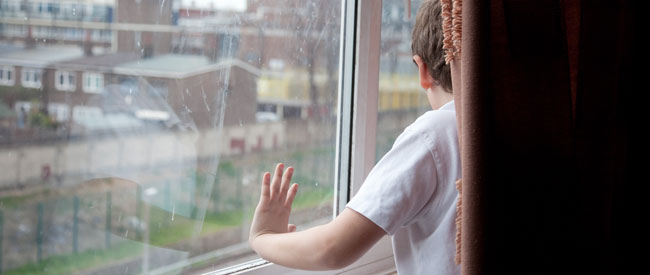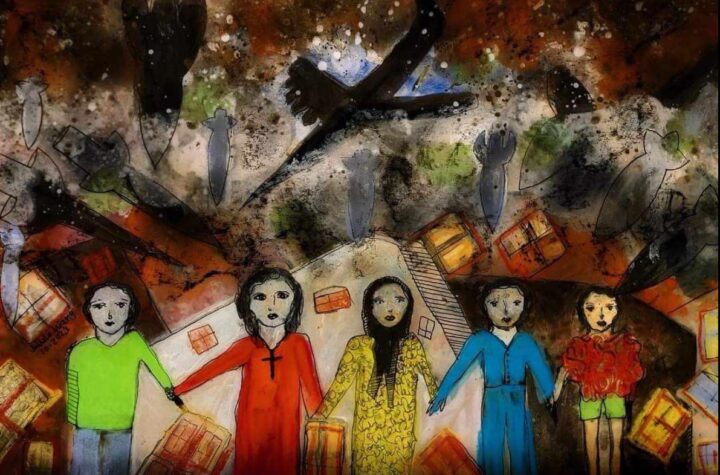
Up to 70,000 people face bailiff action over council tax arrears, following government cuts in council tax benefit for the poorest families in England. Those who qualify for means-tested benefit, have seen their bills rise after the coalition imposed a 10% reduction in funding last April.
Freedom of Information requests show that 400,000 people have had liability orders imposed by the courts, while 70,000 of these have had letters from bailiffs. Disability groups report that frightened disabled people are turning to pawnbrokers for money.
2.3 million people have received higher bills since the cuts in council tax benefit, with 500,000 issued with a court summons for non-payment of council tax.
The scale of the cut and the inability of poor households to pay has led to it being described as “poll tax mark II”, with queues outside courts of people unable to fund the extra cost.
The Labour Party issued Freedom of Information (FOI) requests to all councils in England (local authorities in Wales and Scotland are unaffected) . Some 208 councils responded, of whom 143 provided figures. The statistics showed that 30,761 people have been issued with bailiff notices. If this number were extrapolated across England, it would mean up to 70,000 people are affected.
A recent estimate by the Resolution Foundation suggested that the average increase in council tax was between £100 and £250 a year, but for some the extra annual bill has been as much as £600.
Hilary Benn, the Shadow Local Government Secretary, said:
“This poll tax has caused misery for hundreds of thousands of people across the country, driving them into the courts and into debt, as predicted by the Conservative architect of the original poll tax, Lord Jenkin of Roding.
“Nick Clegg boasts that by raising the personal allowance for income tax he is taking people out of taxation. But he’s doing that at the same time as raising taxes for the very poorest. His cuts to council tax benefit have borne down on the very poorest.”
Labour tried to stop the measure when it was before Parliament, Mr Benn said, adding:
“When it was clear that Liberal Democrat and Tories in both the Commons and the Lords were backing this tax rise on the poorest, we tried to ensure that bailiffs would not chase very vulnerable people – some of whom are housebound and thus acutely vulnerable to bully-boy tactics. This amendment was rejected by the Liberals and Tories.
“Many people have found themselves getting into debt trying to pay this new tax; others have simply found it very difficult to pay. Debt advice agencies have helped many people. But they too are limited by their capacity in tough times. Of course, people who can pay should be forced to do so, but where someone is in real difficulty, and especially where they are vulnerable, councils should not be sending in the bailiffs instead of using other means.”
Although the councils are imposing the cuts from their town halls, they have no choice but to pass on the centrally imposed cut. Council tax benefit was introduced by the Conservative government in 1992. Labour has complained that exempting pensioners – many of whom are Tory voters – from the cuts has created a “demographic lottery”.
The coalition introduced a safety net for those affected with a £100m “transitional funding” allowance introduced in October 2012. But that money will run out this April, meaning that about 270,000 of the poorest households will have to pay £80 a year more in council tax.
Mark Dale of the Basildon Disability Equality Forum said last night:
“I am appalled at how heavy handed this has been. It is one thing to have to implement the tax cut, but it is a whole different ball game to send the bailiffs round.”
sources/reblogs@:
http://www.bbc.co.uk/news/uk-politics-20039452,




I live in the Wakefield area which is run by a labour council, when the government stopped the central funding and put it on the council they gave a recommendation of around what should be the maximum percentage increase that should be charged yet our council completely disregarded this recommendation and I ended up paying around 3 time the amount I was prior to the change.